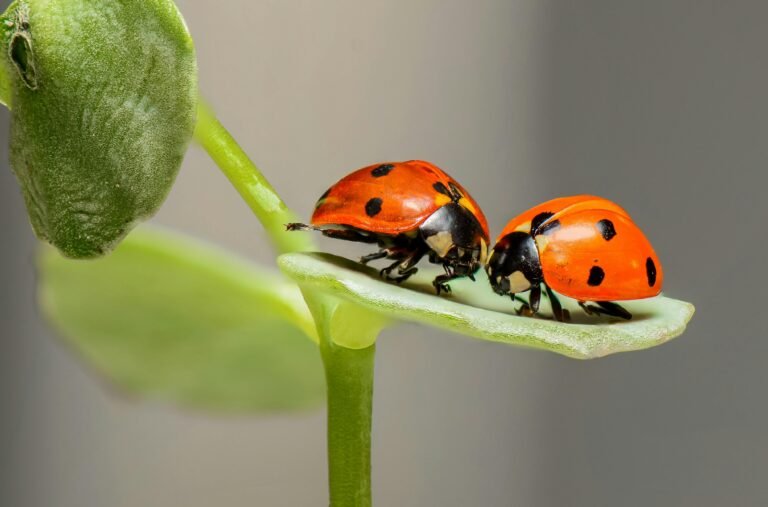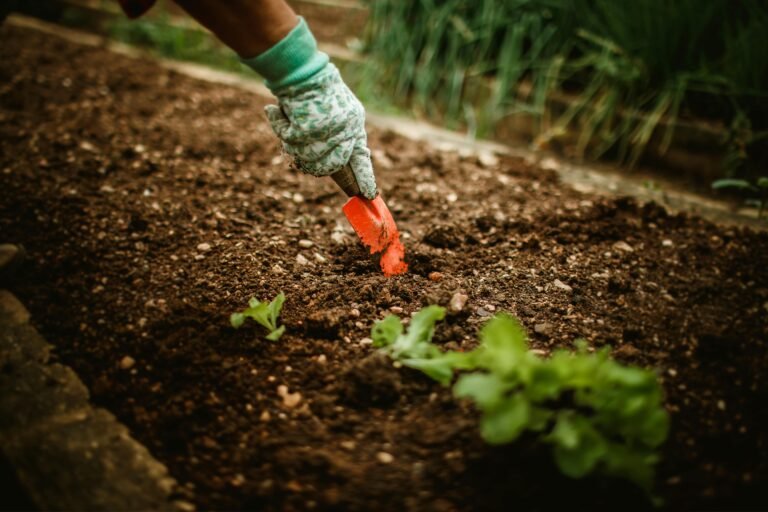Creating a Sustainable Backyard: Raised Gardens and DIY Eco-Friendly Projects
This article may contain affiliate links to trusted partners, which help run this site at no extra cost to you.
The Benefits of Raised Gardens in Backyard Gardening
Incorporating raised gardens into backyard gardening offers numerous advantages, making it a popular choice for both novice and experienced gardeners. One of the primary benefits of raised gardens is the improvement in soil quality. By using a controlled mix of soil and compost, gardeners can ensure a nutrient-rich growing medium that promotes healthier plant growth. This soil control also aids in providing better drainage, preventing waterlogging and reducing the risk of root rot.
Raised beds can significantly extend the growing season. The soil in raised gardens warms up more quickly in the spring and retains heat longer into the fall, allowing for earlier planting and prolonged harvest periods. This extended growing season is particularly advantageous in regions with shorter summers, enabling gardeners to maximize their yield.
Another crucial advantage of raised gardens is their contribution to eco-friendly practices. The ability to manage soil quality reduces the need for chemical fertilizers and pesticides. By minimizing reliance on these chemicals, gardeners can create a more sustainable and environmentally friendly backyard. Additionally, raised gardens can be designed to incorporate organic gardening techniques, further enhancing their eco-friendly benefits.
Raised gardens also offer significant ergonomic advantages. The elevated design reduces the strain on the back and knees, making gardening more accessible for people of all ages and physical abilities. This accessibility can encourage more individuals to engage in gardening, promoting physical activity and outdoor enjoyment.
Overall, the benefits of raised gardens in backyard gardening are manifold. They improve soil quality, enhance drainage, extend the growing season, and support eco-friendly practices. Moreover, their ergonomic design makes gardening more accessible, allowing a broader range of people to partake in the joys of cultivating their own sustainable backyard oasis.
DIY Eco-Friendly Projects to Enhance Your Garden
Creating a sustainable backyard is not just about planting the right plants; it also involves integrating eco-friendly projects that help reduce waste and utilize natural resources effectively. One of the simplest yet highly beneficial DIY projects is building a compost bin. By composting kitchen scraps and yard waste, you can create nutrient-rich soil that enhances plant growth while reducing landfill waste. To build a compost bin, you can repurpose old wooden pallets or use sturdy recycled plastic containers. Ensure the bin has proper ventilation and is placed in a shady spot for optimal decomposition.
Another essential project for a sustainable garden is setting up a rainwater harvesting system. Collecting rainwater not only conserves this precious resource but also provides plants with natural, chemical-free water. A basic rainwater harvesting system can be created using a large barrel or a series of interconnected containers. Position the barrels under downspouts to capture runoff from your roof, and use a fine mesh screen to keep debris and insects out. With a simple spigot attached, you can easily access the stored rainwater for your garden needs.
Natural pest repellents are another vital aspect of eco-friendly gardening. Instead of relying on chemical pesticides, you can create your own natural repellents using ingredients like garlic, neem oil, or chili peppers. These homemade solutions are not only safer for the environment but also healthier for your plants and beneficial insects. For instance, a garlic spray can be made by blending garlic cloves with water and a few drops of dish soap, then straining and spraying it on affected plants.
Incorporating recycled materials and upcycling old items can add unique and personalized touches to your garden. Old tires can be painted and transformed into colorful planters, while wooden crates can be converted into rustic birdhouses. Even broken furniture can find a new purpose as garden decor or functional pieces. These creative projects not only reduce waste but also bring a sense of accomplishment and individuality to your garden space, making it truly your own.





